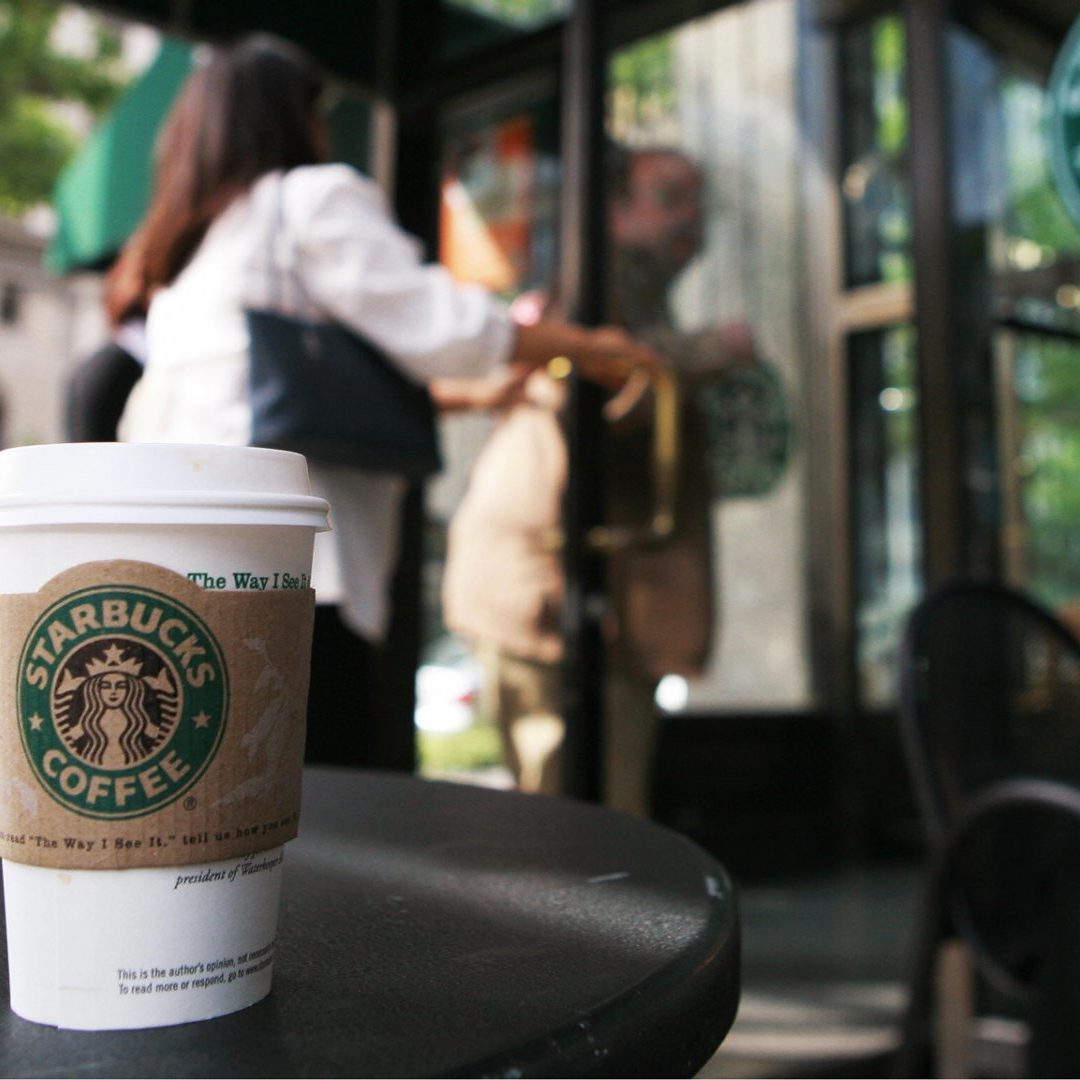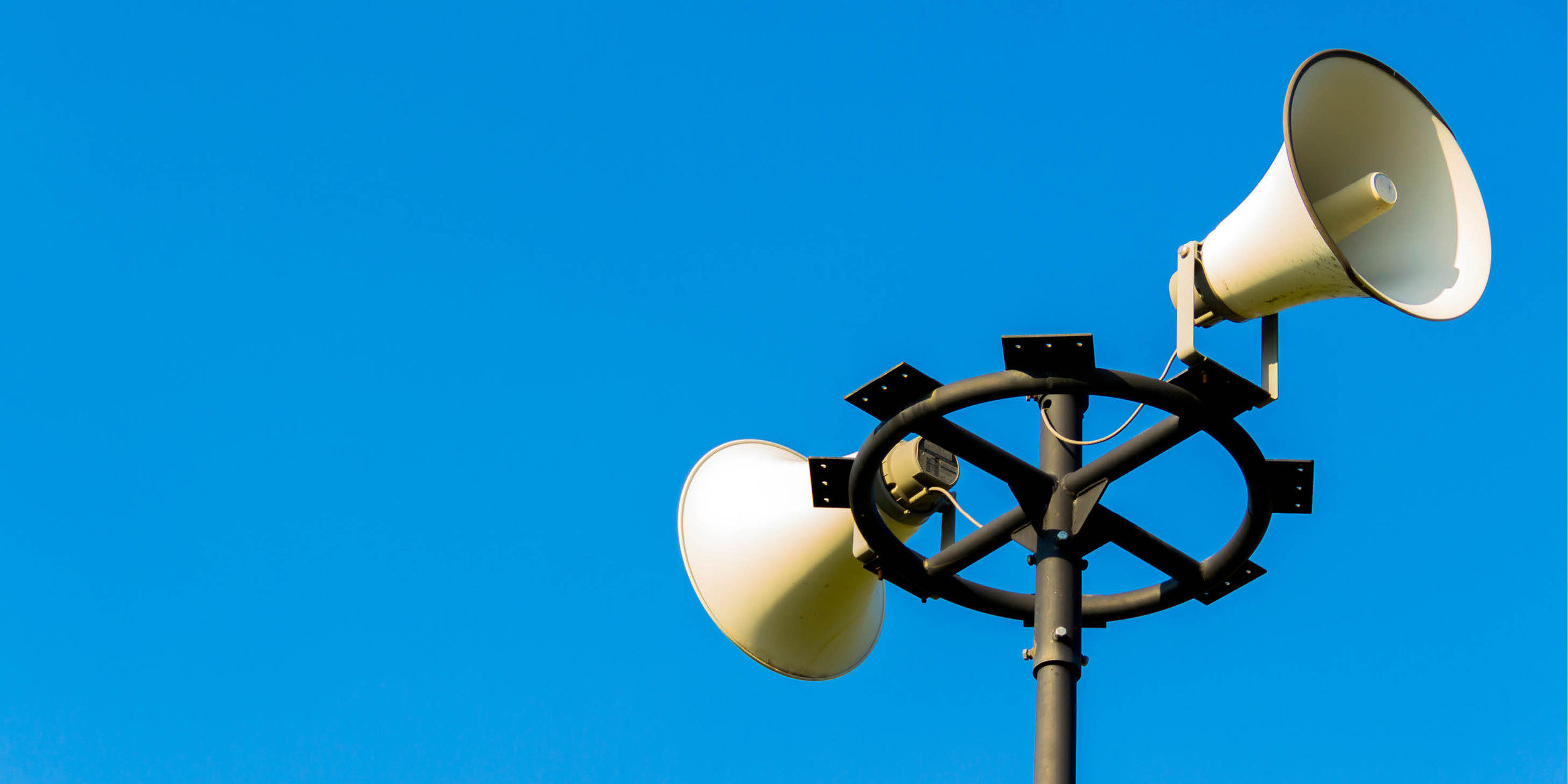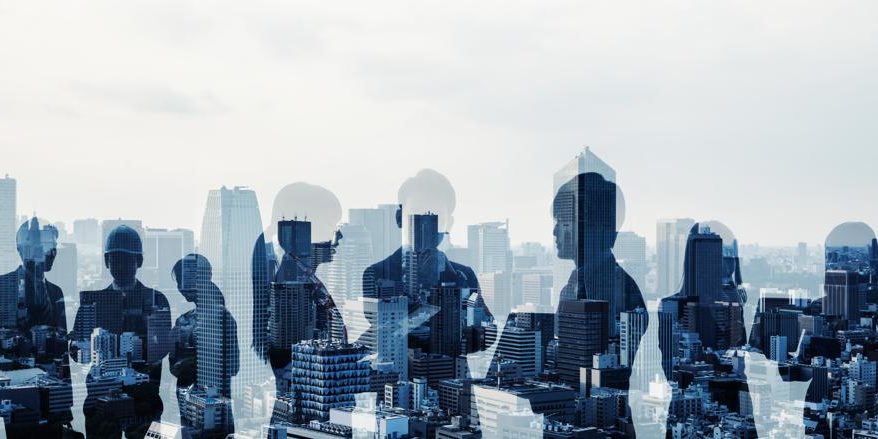What’s the best way to stay on top of the experience economy? Experience it all in one place. Liquid Dispatch X, your go-to consolidated source for brand experience, employee experience and customer experience. Take a look at the trends, the wins, and the ins and outs of what it takes to keep your most valuable and visible asset—your brand—running strong.
July Article Roundup
Brands, experiences and workplaces can pivot to overcome the pandemic.
The pandemic’s new normal continues to transform our collective outlook on everything around us. It’s redefining how and what we do that make us uniquely human. Consumers and employees have been faced with extraordinary challenges, forcing brands and companies to shift and adapt to best serve new, profound needs. Our most recently curated list of Dispatch X articles sheds a little light amid a dark time, sharing insights on how brands and organizations are playing deeper, more meaningful roles in people’s lives. What’s shifting? What’s taking new shape? What’s in store?
TOP PICKS
BRAND EXPERIENCE
key takeaways
The New Normal Tests Old Models
Facing a world dictated by a new normal, brands are now confronted with changes in the measure of success and how to get there. Brands are called to reevaluate their foundations, from their business models to how they create value. They must also define or refine their foundational meaning to drive brands forward as they seek to create or deepen connections with customers and employees.
Connected by Empathy
The new normal will bring a heightened sense of customer awareness and vulnerability. And when paired with a more contracted economy, it will require brands to double down on empathy. Brands will now have to work in close collaboration with customers, suppliers and employees to be more supportive, efficient and valuable. Ultimately, the new normal will shift from building audiences to building a connected community.
Out-Maneuvering the New Normal
Pivoting will become a core business capability. And it will also be a source of brand value and significance. Brands will be looking to extend laterally around existing business capabilities and to connect to evolving customer and cultural trends. One example is Spotify, which created an extension around curating the thousands of podcasts uploaded during the pandemic. The pivot recast Spotify as a leading tastemaker. Liquid had its own pivot as well; we created one-week modules to help companies solve business challenges in real-time, developed in response to the new economic realities of the global pandemic.
Social Justice Requires More from Brands
In addition to the pandemic, Black Lives Matter and other social justice movements around the world are changing the role of brands. Brand power will depend not only on differentiation and having a strong value proposition, but also on the brand’s ability to commit and connect at a deeper level with its purpose and what it stands for. Brands in the new normal will foster accountability, shared value and a new moral imagination rather than an instrumental relationship with consumers.
CUSTOMER EXPERIENCE
key takeaways
Crisis Elevates Empathy and Efficacy
During the pandemic, connection and support have become vital in building meaningful experiences. The health crisis has brought a heightened awareness around the value of human connection. It’s also revealed the importance of reducing friction and anxiety in all customer interactions—anticipating, rewarding effort, and making life easier are key. Customer experiences are now focusing on both empathy and functionality. And with joy being in short supply, infusing the process with levity has become a higher priority.
Tech Transforms from Within
Technology is playing a key role. From platforms, to augmented reality, to AI, the pandemic has fast-tracked digital experiences and digital transformation. Brands are designing and offering experiences across the B2B and B2C spectrum that double down on flexibility, adaptability, personalization and ease. We’ve also seen a huge emphasis in efficacy—the hospitality industry and education sector have already provided a number of case studies.
But physical experiences have also been redesigned to accommodate the current needs. From drive-thru theaters, to outdoor dining, to open event venues, brands are striving to adapt physical and sensory experiences for consumers longing for normalcy.
Experiences Designed Around Peace of Mind
In the new normal, brands will more proactively embrace customer experience if they want to earn customer trust and build reputation. Customer experiences will have to prioritize safety and protection—physical, psychological and financial—to build stronger relationships with customers. There are a number of examples already, like Delta dropping change fees, or Citi enhancing its app, online capabilities and services to better serve customers.
EMPLOYEE EXPERIENCE
key takeaways
Employees Are Feeling the Burden
In our latest Dispatch X edition, learn why we are not feeling prepared to handle the new normal. This outlook shouldn’t surprise most of us. However, it’s easy for companies to assume their employees are adapting and are able to power through any and all challenges.
Clearly, research is showing us something different. According to Gallup, the virus has employees feeling less prepared to do their job, less informed about their company’s internal plans and less cared for when it comes to their well-being.
Looking Beyond Employees: Recognizing the Individual
Since every employee is experiencing unique challenges, companies must view their staff as individuals and attend to each person’s whole self. An industrial-sized approach won’t cut it. Companies need to be deliberate in how to support their employees. Now more than ever, organizations have to start supporting their employees on a personal basis to ensure their employees feel prepared, supported and aligned.
JULY ARTICLES
BRAND EXPERIENCE

Starbucks Just Announced a Drastic Change. What Every Company Can Learn From It—Inc, Justin Bariso @Inc @JustinJBariso
“For example, Starbucks says that even prior to the Covid-19 outbreak, it discovered that about 80 percent of transactions in U.S. company-operated stores were for "on-the-go" orders. This insight led the company's leadership team to reexamine U.S. stores and devise a new strategy that could capitalize on changing customer behavior.”

Now Is The Time For Brands To Reflect: How CMOs Can Lead—Forbes, Liana Douillet Guzmán @Forbes @lmdouzman
“Over the coming weeks and months, all company leaders — regardless of whether they’re in the fashion industry or in enterprise software — should go through a period of deep introspection. Businesses need to be able to answer several questions: What is our brand’s identity, and what ideals do we represent? How are we going to uphold those ideals in the future?”

How Businesses Have Successfully Pivoted During the Pandemic—HBR, Mauro F. Guillén @HarvardBiz @MauroFGuillen
“One pivot Spotify made in response was to offer original content, in the form of podcasts. The platform saw artists and users upload more than 150,000 podcasts in just one month, and it has signed exclusive podcast deals with celebrities and started to curate playlists. The shift in strategy means that Spotify could become more of a tastemaker.”

The Brand Identity Crisis: Making Business Purpose Fit For Purpose—Forbes, Sairah Ashman @Forbes @SairahAshman
“Ice cream brand Ben & Jerry’s came out full tilt in support of Black Lives Matter with specific and well informed demands for change, pursuing a brand heritage of vocal activism that felt authentic to its spirit and its history. It worked on easy to understand infographics to illustrate the injustices of racism and outlining the benefits of change, educating its audience while remaining authentic.”

Three Ways Your Brand Can Thrive During Uncertain Times—Forbes, Braven Greenelsh @Forbes @bravengreen
“Now is the time to look at things from a new perspective and show how special your product offering truly is. Now is the time to destroy your unique value proposition, and then rewrite it. Yes, it’s can be risky to change things up, but it also might be worth it if your current unique value proposition isn't working.”
CUSTOMER EXPERIENCE

Embrace Proactive Customer Experience in the Midst of COVID-19—Gartner, Augie Ray @Gartner_inc @augieray
“Brands that take proactive steps to address customer concerns demonstrate customer centricity, which earns customer trust and builds relationships. This is especially important at a time when customer needs and sensitivities are so great. By making early decisions to protect customers, brands decrease anxiety and solve problems before they develop.”
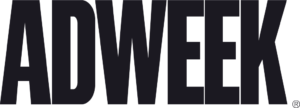
Seeing Success With Coffee Subscriptions, Panera Wants to Be More Like Netflix—Adweek, Richard Collings @Adweek @RichCollings
“It’s an opportune moment for the shift, as the Covid-19 crisis has disrupted lives, and the coffee subscription helps to either reestablish or establish Panera as part of people’s daily routines even if they’re now working from home, according to Luz.”

A Socially Distanced Starry Night: How This Art Exhibition Safely Opened During the Pandemic—BizBash, Claire Hoffman @BizBash @ClaireHoffman
“We believe in the power of art to uplift, inspire, and connect communities—and it is more important than ever to offer a creative outlet for Torontonians to escape and recharge during this unprecedented global crisis.”
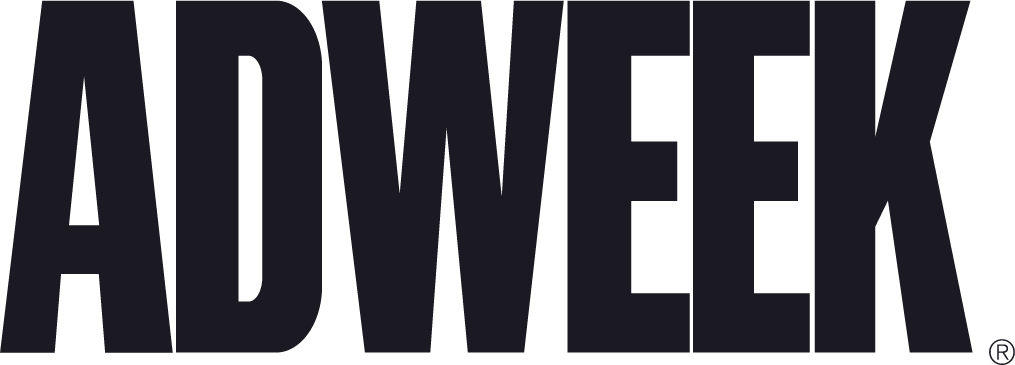
Summer Camps May Be Canceled, But These 5 Brands Created Educational At-Home Alternatives—Adweek, Ian Zelaya @Adweek @IanDavidZelaya
“‘From summer camps closing their doors to virtual learning extending into the new school year, the Covid-19 pandemic has left many parents scrambling to entertain kids who have been stuck at home for months,’ said Tara Tanico, brand manager at Arm & Hammer, in a statement. ‘We created Arm & Hammer Summer Camp to take the pressure of prep and planning off of mom and dad, empowering them to kick back and experience camp on their own terms.’”

This Week in Event Venues: Flexible Contracts, Contact-Free Technology, the Rise of the Drive-In, and More—BizBash, Claire Hoffman @BizBash @ClaireHoffman
“Live Nation kicked off its first-ever U.S. drive-in concert series this week, taking over parking lots at Nissan Stadium in Nashville, Ruoff Music Center in Indianapolis, and the Hollywood Casino Amphitheatre in St. Louis. Each vehicle got a designated tailgate area, where guests could exit their cars and dance along to performances from the likes of Brad Paisley, Darius Rucker, and Nelly.”

10 Examples Of B2B Customer Experience Transformation For COVID—Forbes, Blake Morgan @Forbes @BlakeMichelleM
“FedEx, known for being one of the most trusted B2B companies, created numerous resources for small business owners, including templates for COVID signage, shipping discounts and expert advice and best practices. The company moved beyond just shipping to provide resources and guidance for the many new challenges small businesses face.”
EMPLOYEE EXPERIENCE

Covid-19 And Civil Unrest Has Disrupted Employee Experience For Good—Forbes, Denise Lee Yohn @Forbes @deniseleeyohn
“Employers need to rethink every aspect of EX – from recruiting, to onboarding, training, communications, performance management, etc. plus all the daily, seemingly small interactions and experiences that impact how employees think, feel, and do their work. Even an organization that had a healthy, effective culture before the pandemic can’t assume that returning to old employee practices is going to work. Like it or not, EX has become the linchpin in the success of an organization going forward.”

As COVID-19 Continues, Employees Are Feeling Less Prepared—Gallup, Vipula Gandhi @Gallup @Vipula_Gandhi
"To start, leaders should get better at having one-on-one conversations with managers and providing tools and resources—especially training on how to manage dispersed workforces and have effective coaching conversations."

4 Effective Ways To Make Your Virtual Workplace More Inclusive—TNW, Giselle Defares @thenextweb @zilvertong
"While the pandemic has increased stress levels for many, it offers a new opportunity for companies to readdress how they’ve discussed employee mental health. Research shows that when mental health in the workplace is acknowledged it leads to better performances, engagement, and wellbeing of employees."
Redefining Employee Experience: How To Create A “New Normal”—Strategy+Business, Bhushan Sethi & Jean-Francois marti @stratandbiz @bhushansethi @jfmarti
“For remote workers, it will require you to radically reimagine the virtual workplace in two ways. First, you’ll have to address the conditions your people need to work harmoniously from their home base indefinitely. Second, you’ll have to give them all the tools and support they need to transition real-time collaboration to the cloud and the screen, long-term.”


